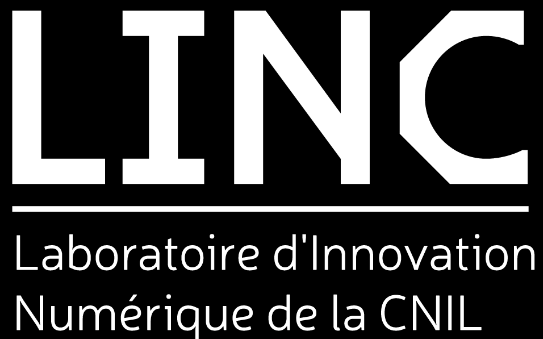In addition to its support and control missions, the National Commission for Information Technology and Civil Liberties (CNIL) also aims to anticipate technologies and their implications for privacy and thus to participate in innovation.
Since 2016, the CNIL's digital innovation laboratory (LINC) has been reflecting, informing and sharing on emerging trends. It produces numerous publications, whether articles on its dedicated website or Innovation and Prospective notebooks.
The LINC is made up of a variety of profiles, whose backgrounds range from technical expertise to social sciences and design. Its role is to apprehend innovations, to explore digital uses, to propose prospective thinking, to conduct experiments and to build tools for the CNIL, organizations and individuals.
The LINC has defined, for 2022 and 2023, a work program centered around four themes.
Assessing the impact of data protection on environmental protection
The LINC, which has already studied the links between data protection and other societal issues (participation in citizen debate, city data and its sharing, data openness), will explore new perspectives. It will thus explore how data protection, which posits the principle of minimization - a "frugal" approach to data collection - can contribute to environmental protection.To answer this question, she will look at the impact of digital technology on the environment and assess the environmental cost of data protection and, conversely, the cost in freedom of environmental protection.
Towards a better understanding of the data economy
With this study, the CNIL wishes to deepen its understanding of the links between personal data regulation and the economy. It follows the publication of the white paper on data and payment methods in 2021.Financial penalties are often seen as the primary "economic" incentive to comply. However, other incentives could be considered and developed.
The LINC will explore the different approaches to be developed to encourage economic actors to respect the law.
Everyday data protection: user practices and perceptions
In the wake of the reflections initiated in the IP 8 booklet "Scenes of digital life" and the qualitative survey of CNIL complainants, this theme focuses on the practices and perceptions of users with regard to their personal data and their rights.The LINC will study the different strategies of users to escape or oppose the collection of their personal data by private or public actors. Different strategies will be studied: recourse to the law, passive opposition strategies (camouflage, anonymization) and active strategies of users (obfuscation or "data blurring", data pollution).
New forms of data capture
This theme will explore how technologies are used to capture data, to improve the accuracy of the data collected or to circumvent the protections that are deployed. WiFi tracking and Bluetooth tracking are illustrations of these practices, as are applications that attempt to infer the psychological behavior of users.The LINC will devote part of its resources to the study of a new use in development: the automatic analysis of emotions based on various data (video, text, voice ...). Bridges will be made with other themes, such as health (psychological analysis, mental health) as well as with the functioning of artificial intelligence, more and more widely used in this context
Références :





